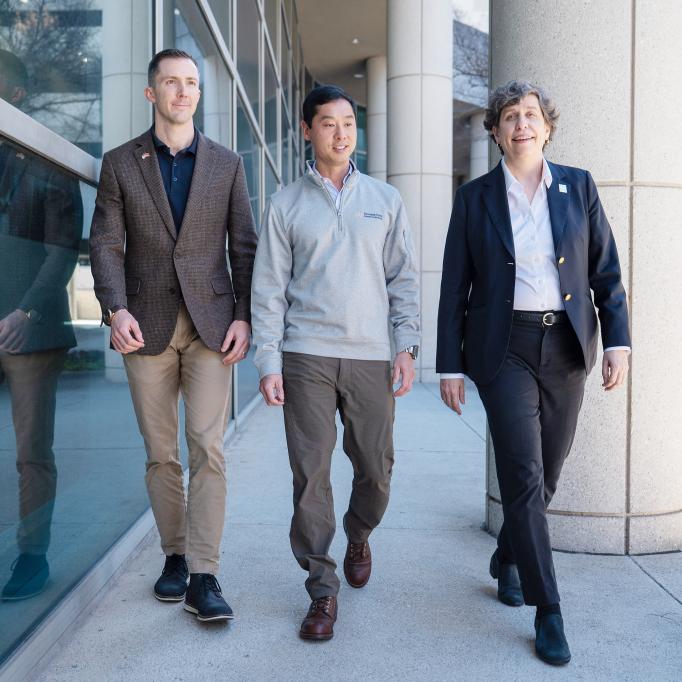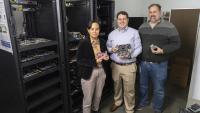Georgia Tech Ranks Among the Top 20 Universities Worldwide for U.S. Utility Patents
2 min read
The National Academy of Inventors (NAI) has ranked Georgia Tech among the top 20 universities [PGR1] worldwide for U.S. utility patents granted in 2025.
Call of Duty: Veterans Protecting Service Members
5 min read
The Georgia Tech Research Institute (GTRI) conducts groundbreaking research for national defense, cybersecurity, and advanced technologies, making it a natural fit for veterans who want to keep serving. At GTRI, veterans aren’t merely continuing their careers; they’re shaping the future of defense and ensuring that those still in uniform have the tools needed for success. Together, their work creates a stronger military — and nation.
The Rogues Gallery Brings Cutting‑Edge Computing to Georgia Tech
5 min read
This research test bed has given students and faculty early access to next-generation hardware for nearly a decade.
2026 Awardees Announced for Regenerative Engineering and Medicine Center Collaborative Seed Grant
4 min read
The 2026 awards support three cross‑institutional teams advancing innovative research in personalized immunotherapy, cancer stem cell communication, and therapies for Alzheimer’s disease.
Wine, Science, and Spectroscopy: Georgia Tech Outreach Produces Published Research
3 min read
New work from Georgia Tech is showing how a simple glass of wine can serve as a powerful gateway for understanding advanced research and technologies.
Leanne West Named 2026 Innovator of the Year in Pediatric Health
4 min read
This recognition celebrates West’s leadership and impact in pediatric health innovation at both the local and national level.
Grading 2025’s Biggest Predictions and What They Signal for 2026
4 min read
Experts provide a measured review of forecasts across automation, AI, consumer behavior, and the economy













